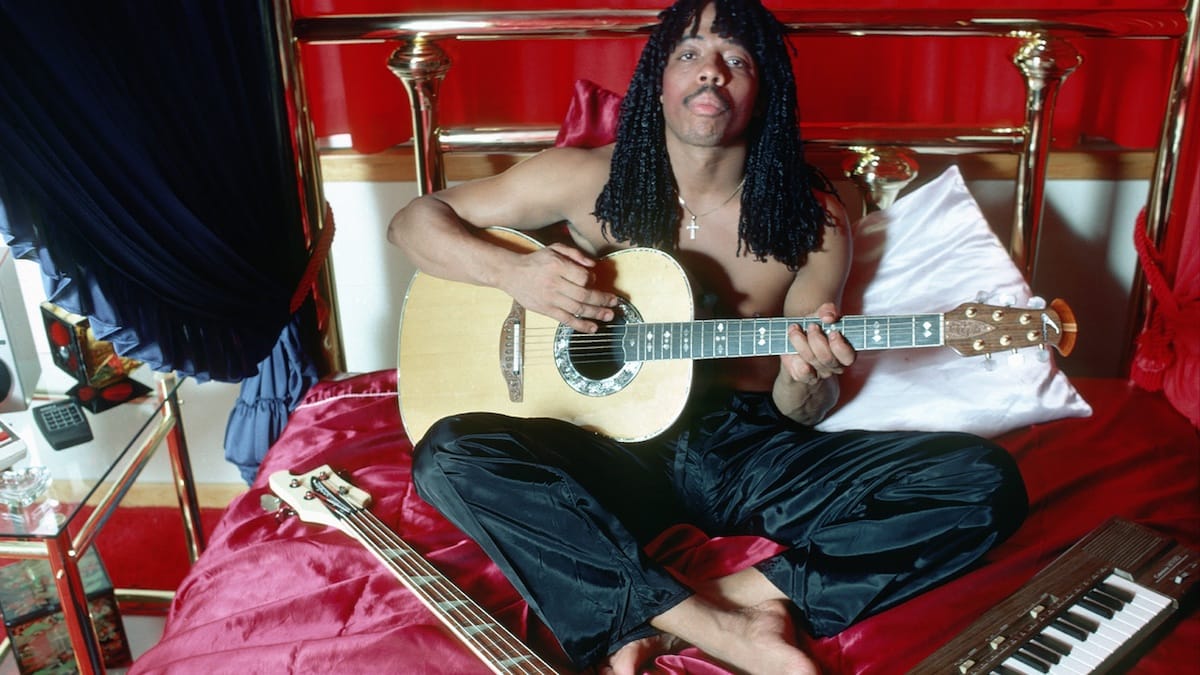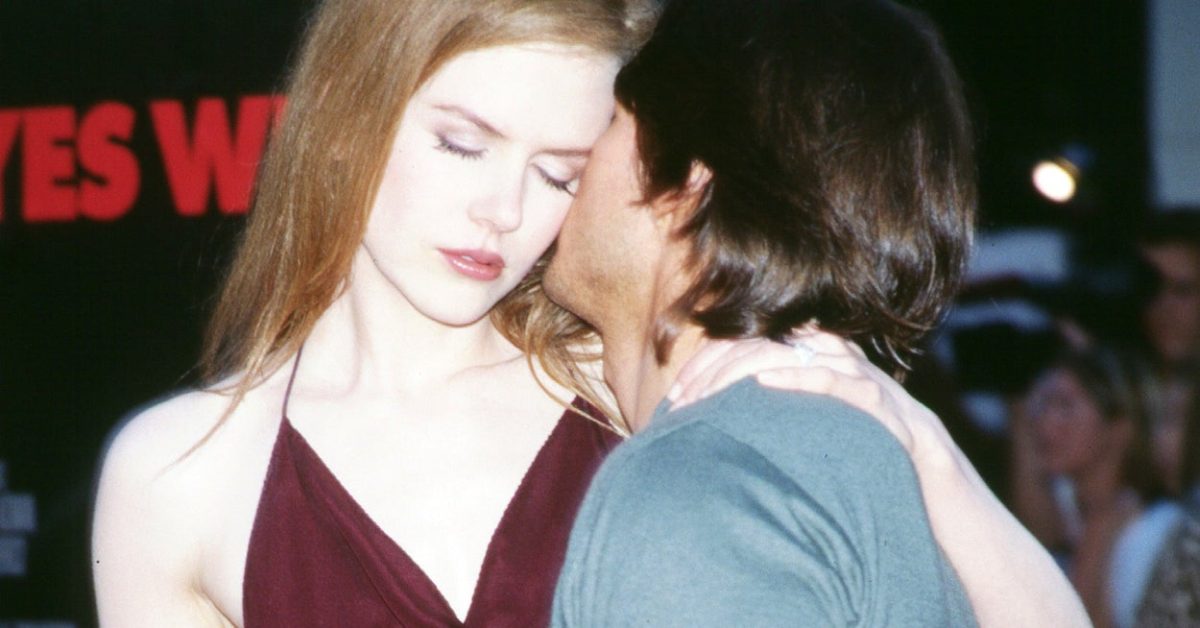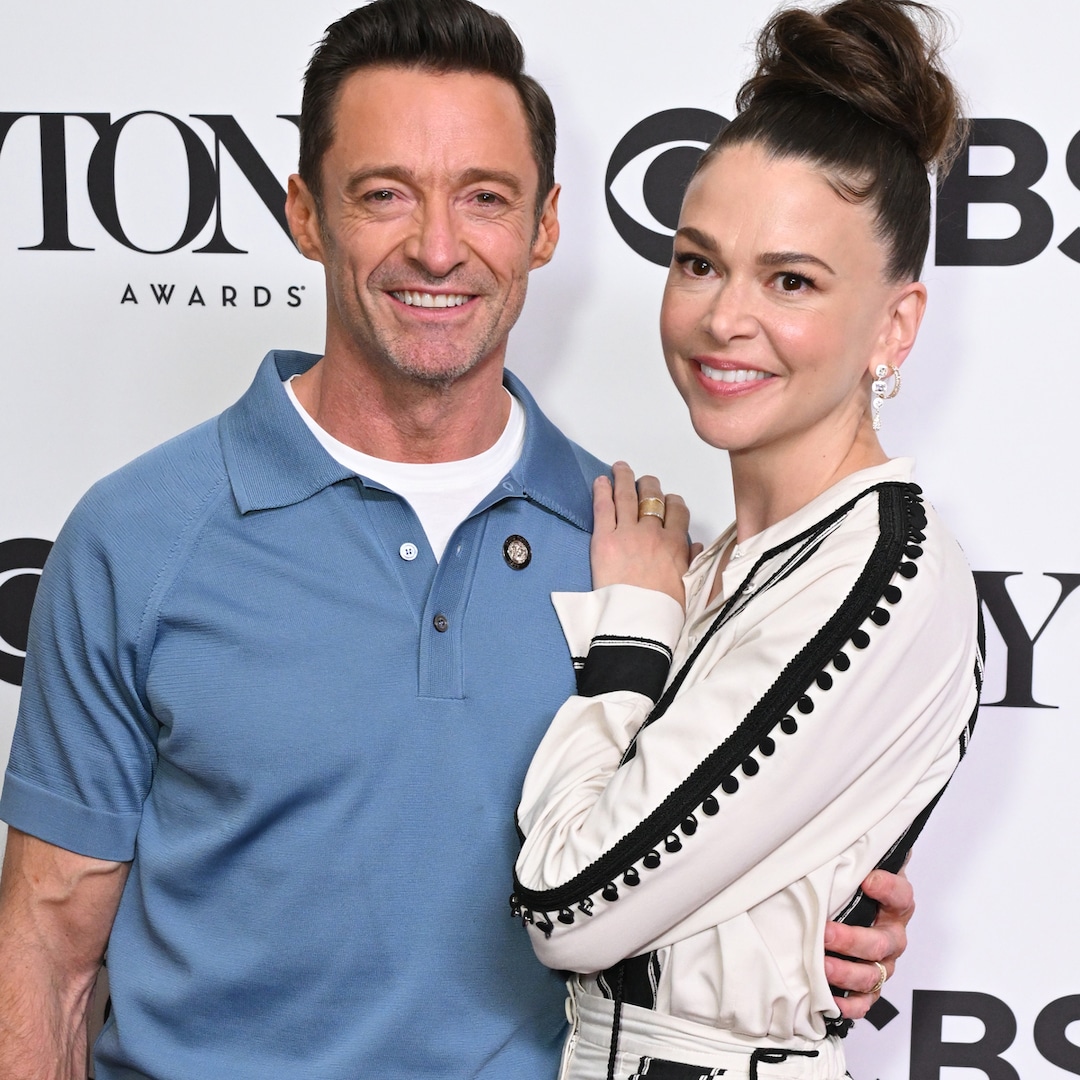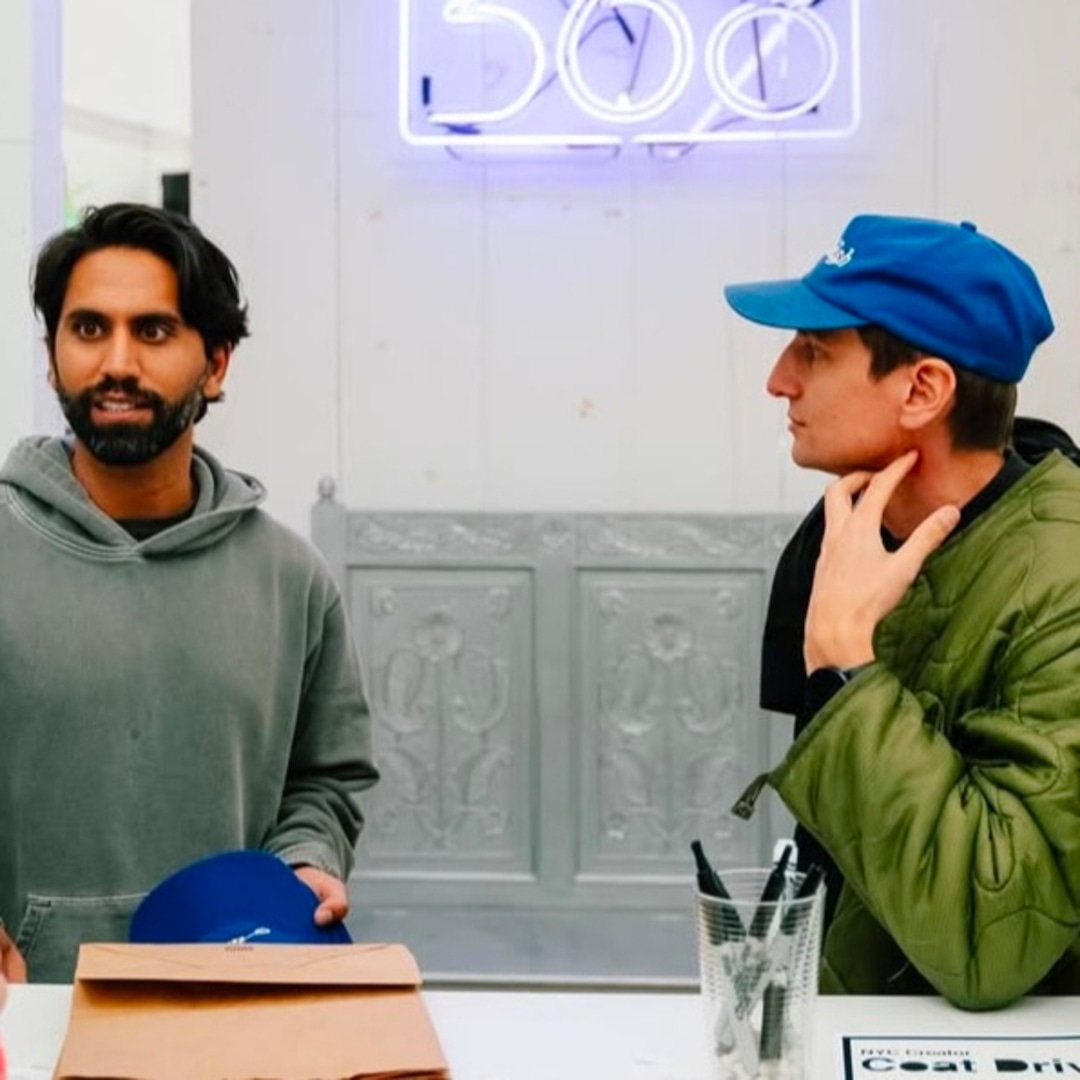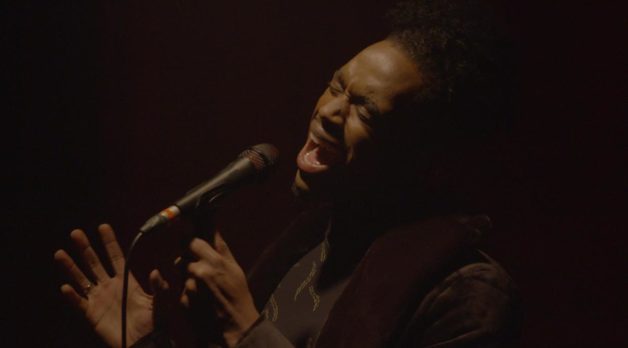
“All Filmmakers are Struggling to Find Money”: Kim Longinotto and Franky Murray Brown on Dalton’s Dream
Jul 6, 2023
Dalton’s Dream
Normally on shoots, veteran documentary maker Kim Longinotto films far away from her native England, often capturing the lives of women in desperate situations over the course of a few weeks. With her latest film, Dalton’s Dream, things ran rather differently. Having watched his victory on the British X Factor in 2018, Longinotto reached out to Dalton Harris, interested in documenting his life in a new country with a new record contract.
An initial three-month shoot morphed into more than four years, held up by both the pandemic and the turbulence of Harris’s life as he found himself persecuted for his sexuality in his native Jamaica and unable to find success in the record industry. Early on during filming, Longinotto joined forces with Franky Murray Brown, a producer some forty years her junior. Brown became Longinotto’s co-director on Dalton’s Dream and constant working companion over the last four years.
The film, which will be broadcast on BBC Storyville, had its world premiere recently at Sheffield DocFest. Filmmaker spoke to Longinotto and Brown about a collaboration forged from the earliest phase of development that was strengthened through a pandemic and their joint devotion to a vulnerable subject.
Filmmaker: Kim, I know that sometimes you’re very efficient with the length of time you take on films, and I understand that this is a very atypical film. Can you tell me a little bit about how you got into it and why it took so long?
Longinotto: When we started, we thought it was going to be quite straightforward—maybe three, six months or something. We said to Dalton [that it would be] 10 weeks, then lots of things happened. Really, the main thing was that we weren’t allowed to film hardly anything to do with what he was experiencing with Syco, and his manager wouldn’t really let us film. But we ended up filming Dalton at home and with his other manager, Bianca—his day-to-day manager, who would come and see him at home and hang out with him. Then there was the pandemic in the middle—that was another two years. Dalton had to be very careful about his physical health. He was really worried about getting COVID. But the main reason why it took four years—and actually we thought at one point we would never be able to finish it—was that we knew from very, very early on that Dalton was gay. In fact, he told us. But as people he trusted, we knew that until he was out publicly, none of that could ever be in the film.
Filmmaker: Franky, how did you start with the project? Because if I understand correctly, it’s not like you originated [the project] and brought Kim in. You were brought in. Talk me through how you came to be co-directors on it.
Brown: I was introduced to Kim by a producer who I was working with. Kim had just met Dalton, they’d done a day of filming and wanted to cut a pitch trailer to give to the BBC to try and raise money for the film. We edited the trailer and really got on. A week later, we flew to Jamaica together, and that was sort of it.
Filmmaker: Kim, I know you’ve always had an extraordinarily close working relationship with Ollie [Huddleston, editor]. I’ve seen it when I’ve dropped into the edit before. So it seems to me that you’ve, in a sense, replicated that relationship in this shoot so that you have a partner with you throughout the whole process.
Longinotto: I think when you make a film with somebody over four years, at the end of it, you are either gonna really love or hate that person. [Sometimes] there’s an [element] of power where somebody’s trying to get power over you—they’re bullyish, they are late or don’t really put their heart into it. Or you are gonna absolutely love that person. I think it’s probably the most intense sort of relationship I’ve had in my life, because with a [romantic] partner, you don’t see them 24 hours a day. You don’t go through stressful situations together on that ongoing a basis. [With filmmaking], you really find out about people. I’ll give you an example: There’d be a time when Dalton would say—and this is when he was really ill in the middle of the film, and I can say this because he talks about his mental health—”You guys have got to come round.” So, we’d rush around to his flat and we’d knock on the door and he wouldn’t answer. Then we’d think, “Oh fuck, we’ve gotta wait.” And it’d be freezing cold, raining, and we’d have all our gear in plastic bags. I think probably 90% of people you were working with would say, “Oh, for fuck sake, I’m not doing this.” But Franky would always make the best of it. He’d put music on his phone and we’d have a little dance to keep warm, or we’d tell each other jokes. It always felt pleasurable even in the worst times. And we’ve had a lot of really bad times which would stress friendships to the limit.
Filmmaker: You spent all this time with Dalton, working with him somewhat remotely during the pandemic. But at the same time, as you described, you weren’t necessarily shooting all that much. You were there in companionship. So what did you end up with in terms of footage?
Longinotto: Quite small to go into the edit with—about maybe 30 or 40 hours.
Filmmaker: You’re not still shooting on film, are you?
Longinotto: No, but you’re disciplined like you are. That’s another reason why we slotted in together, because a lot of people have to film all the time or they’re not good at hanging out. Franky’s really good at just being there. We just seemed to have the same way of working without even talking about it. And we would be always listening.
Brown: Dalton would say something and Kim would kick me or I would kick Kim. We would do it smoothly but we never talked about the filming, and we were always ready to film.
Longinotto: What I have found in the past is if you’re working with sound recordists, they start going, “Oh, so what are we doing today?” Or they start chatting about going to a club last night or something, and you can’t do that. You have to be very silent. I wouldn’t ever want to do a film like that again, but I’m really proud and glad we’ve done it because it was such a powerful experience.
Filmmaker: What was the worst aspect of it?
Brown: Funding, I think.
Longinotto: Funding.
Filmmaker: How annoying is it when you’re an experienced filmmaker to initially approach broadcasters, not have any joy with them, then have them come into the process in a meddling way years later?
Longinotto: I never think, “Oh, I’m an experienced filmmaker.”
Filmmaker: I know, but most people would in your shoes.
Longinotto: Well, I didn’t, but it was really heartbreaking that we couldn’t get the money. We went to BBC really early, to Storyville.
Brown: To everyone: BBC Aren, BBC Music, BBC Storyville.
Longinotto: Filmmakers will recognize this: All the time we had people say, “Oh yes.” We actually had a definite “yes” right at the beginning. “We definitely want to fund this film, my assistant loves this film, we’re so keen.” And we thought, “Wow, this is really early on.” Then we don’t hear back. Your emails aren’t answered. You think, “Well, why would you do that?” Because we thought we got the money, then suddenly we haven’t got the money. That happened quite a lot, where people would say, “We’ll definitely fund it,” then you never heard back from them again.
I wish that commissioning editors would actually recognize that we are not kids, you know? You can say no. But [for them] to just string you along was a pattern that we had so many times. What we did was—and I think a lot of filmmakers are doing this now—we bought the equipment. I luckily had some money, because it was like £25,000 or something. So, we bought a camera and sound equipment. It’s a big commitment, and I can see why a lot of people wouldn’t really want to do that. But it was the only way we could make this film. Because as Franky said, if Dalton rings up and says “come around,” you can’t go to a facilities house. You have to have your own gear.
Brown: All filmmakers are struggling to find money. Particularly in the UK and for films where you’re not sure when [filming is] gonna end. You don’t know what the ending necessarily will be. That’s the joy and wonder of observational documentary, that it’s a journey of discovery. You need commissioners to take risks. To think, “OK, this feels like an important story. Let’s go with it.”
Longinotto: They are very risk-averse.
Filmmaker: There’s so much focus these days on the relationships with subjects, duty of care and that kind of thing. It was so lovely to hear Dalton talk so warmly about you last night. You obviously are incredibly close. Kim, I know that you get close to a lot of your subjects from a lot of your films. How many of your subjects over the years are you still in touch with, and what’s that like for you on a long term aftercare basis?
Longinotto: I think this was different, because he was living in London. He was very vulnerable. There’s a theme which I hope comes out strongly in the film, which is that you get people over here on Britain’s Got Talent and then you just drop them. It was worse for him cause he had nobody, he was completely isolated. He had nobody else to turn to, so in a way that changed our relationship with him, because we felt responsible for him. He was abandoned by everyone. What was so heartbreaking is that’s what he’s used to: His mom abandoning him, being beaten by his mom’s boyfriends, being abandoned by his record label, being banned by his manager. It’s a pattern through his life. Even his surrogate dad abandoned him. That must have really, really hurt. So, I think we were really clear that we would never abandon him.
There was one point when Vixen [Longinotto’s production company] had a lot of money. You know, it had nearly £100,000. Over the years, if [I’m making an] English film, I keep in contact with them, and people will contact me and say, “I need something.” Salma [the subject of Longinotto’s 2013 film] needed money, she was in a desperate state, and that’s a lovely thing to be able to help. It’s pleasurable. I know it’s a really contentious thing, because a lot of filmmakers say, “Oh, I don’t give money.” Channel 4 and the BBC say that you can’t give people money. But after the film’s made, it just seems a lovely thing to do. It’s sharing the profit of the film.
Brown: And Dalton is part of the team on the film, so he will receive equal share, the same as us, if we make anything.
Longinotto: Yes, because we’re so in debt. I mean, we owe everybody money. We owe Dogwoof.
Brown: The truth is that we were in a situation where we almost didn’t have enough money to finish the film, because The X Factor archive is very expensive. There’s a huge amount of music in the film, so the amount of money we had to raise to actually get to Sheffield and get it finished was big. We were really far away from getting that, and not paying ourselves.
Executive producer Kevin Jennings had done a good job of raising some money in America, but that was sort of philanthropic and not huge. Anyway, we’d been talking to BBC for a while. We’d been talking to Mandy, then to Phillipa [both former commissioning editors of Storyville], then when Emma [Hindley] joined, she commissioned it.
Longinotto: She didn’t commission it. It was almost finished. It was three and a half years into the film. We’d done a year of editing already, but we couldn’t get over the finish line—we had to stop editing. But it is an acquisition, and I think that’s a really important [distinction]. If you commission something, you get all the money for it so that you don’t have to worry about anything, and you only have one commissioning editor, Whereas we were getting notes from all the people that are giving us little bits of money.
I don’t think Emma changed the film that much, but she insisted on some changes that we thought, “Oh, this is really sad.” We liked how it was, but actually we’re OK with it. We came to terms with her changes, because they didn’t really substantially change the film.
Brown: Without the BBC coming on board, we couldn’t get the BFI Global Screen Fund, because you need to have a UK broadcaster, I think, and a certain number of foreign broadcasters. Without that money, we wouldn’t be able to get tax credit.
Longinotto: It was a big chain, and we had to answer to everyone on the chain. So, Emma did have an input, but then Dogwoof had a big input. Sometimes people would say different things, so it was really hard and very stressful to navigate. Then we had a lovely executive producer, Kevin Jennings, who got money from individuals like Ted Snowdon, who makes musicals.
Brown: He never tried to give feedback. He was wonderful and trying to be supportive. We were despairing. We had no money. Everyone had rejected us. And Kevin came on board and said, “I believe in the film, I believe in Dalton, I believe in you as a team.” He really helped us.
Longinotto: There’s a BBC thing where you’re not meant to accredit people who’ve given money, which is kind of weird. But he helped us raise it through his friends. He was lovely. I mean, he put so much work into it.
Filmmaker: Is directing your future, Franky?
Brown: Yeah. I’m just trying to work out how sustainable it is to make a living. In the last five years I’ve done three jobs at times.
Longinotto: I borrowed money from my partner.
Brown: You know, it’s not sustainable.
Longinotto: The thing with Franky that I’ve watched happen is that there’s quite a lot of ageism. People dismiss him because he’s young [29, the same age as Dalton].
Filmmaker: Anything else you’d like to add?
Longinotto: I think part of the reason we wanted to make this film, and why we are so proud of it, is just how amazing Dalton is. You very rarely see films now where people are so honest. I think people were really humbled by him. Dalton’s gone through a journey where he was protective of his image, and then he learned to open up. I think it’s been very good for people to see [someone] being that brave.
Publisher: Source link
Nicole Kidman’s Viral Getty Image Catalog
Nicole Kidman's Viral Getty Image Catalog Nicole Kidman has stepped back into the limelight to promote the new A24 erotic thriller Babygirl — and she’s looking as radiant as ever. The Academy Award-winning star has had an incredibly storied career,…
Jan 14, 2025
Hugh Jackman and Sutton Foster Have Steamy Makeout Session
The Music Man's final curtain call was in January 2023. But it wasn't the only thing to come to an end. In September of that year, Jackman and his wife of 27 years Deborra-Lee Furness announced their split."We have been blessed…
Jan 14, 2025
Mandy Moore Shares She’s Unsure If Her Home Survived
California Fires: Mandy Moore Shares She's Unsure If Her Home Survived On Tuesday, Mandy shared on her Instagram story that she, her children, and her pets left their home and were safe. "Evacuated and safe with kids, dog and cats.…
Jan 13, 2025
YouTubers Colin, Samir Lose Homes to L.A. Fire as Wives Are Pregnant
Angelina Jolie, Halle Berry, Jamie Lee Curtis & More Stars Are Giving Back Amid LA FiresYouTubers Colin Rosenblum and Samir Chaudry are opening up about their heartbreaking situations. The duo, otherwise known on the platform as Colin and Samir, recently…
Jan 13, 2025


